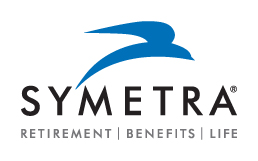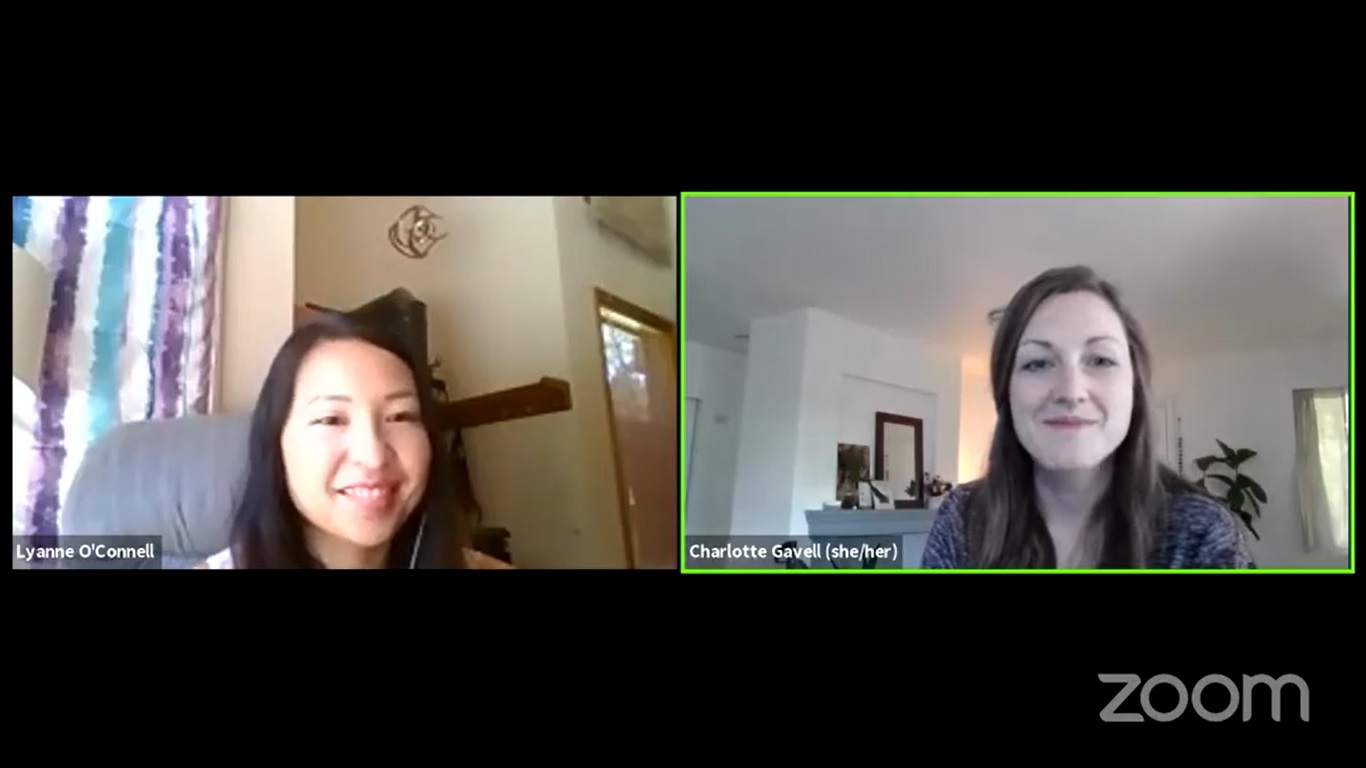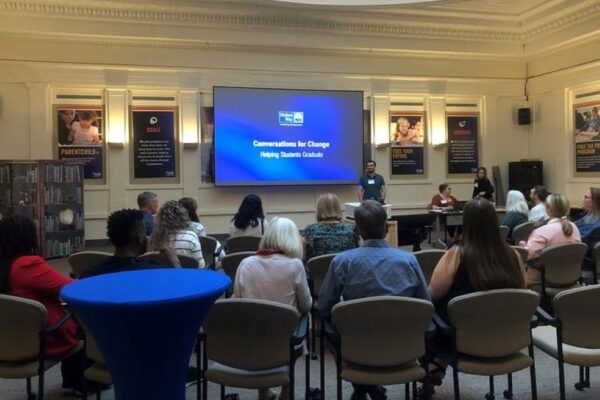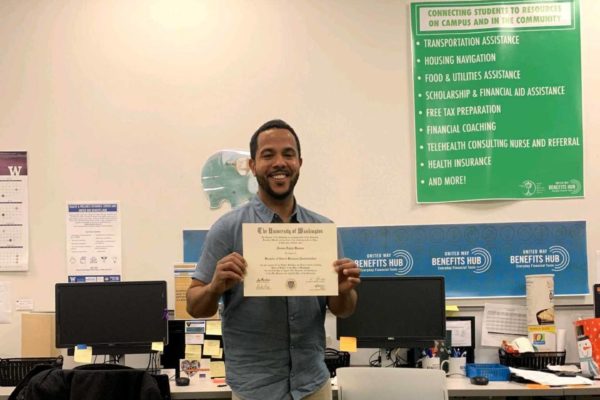COVID-19 Pandemic Severely Impacts Community College Students
The COVID-19 pandemic has impacted the ability of community college students, and particularly students of color, to stay in school and finish their education, said Lyanne O’Connell, scholarship and program director at Seattle Colleges, during a United Way of King County livestream update on COVID-19.
O’Connell told Charlotte Gavell, United Way’s college success and housing stability manager, that the pandemic has exacerbated racial inequities, which were already “pronounced” because of systemic racism, that students of color have had to deal with during this time.
“The COVID crisis has shined a light on the challenges students are facing to access financial assistance,” O’Connell said. “We’re having families having to re-prioritize. They’re asking, ‘Do I choose education, or do I choose feeding my family?’”
The livestream focused on United Way’s Bridge to Finish program, which helps low-income students graduate by providing services like emergency financial grants, housing assistance, access to food and income supports and financial education. Those services are delivered through “Benefits Hub” locations at the 10 King County colleges where the program operates.
O’Connell added that the crisis really dealt a “huge hit” to students at Seattle Colleges. She said the schools serve diverse, non-traditional students, including 20% who have dependents. A large portion of the 54% of students who were working before the pandemic were laid off as a result of the economic downturn caused by the outbreak.
“Our estimates are that 15,000 students were laid off,” O’Connell said.
“We’re talking about our future nurses, our respiratory care providers. These are potential positions that are highly needed and, unfortunately, they were laid off. They were working to pay for school.”
Lyanne o’connell
Worst of all, O’Connell stated that 75% of health care students who were close to graduating were laid off.
“We’re talking about our future nurses, our respiratory care providers,” said O’Connell. “These are potential positions that are highly needed and, unfortunately, they were laid off. They were working to pay for school. They rely on working to pay for those additional credentials they’re going to need to actually work in the field.”
O’Connell said many other students had no choice but to quit school to take care of their children. “It’s a huge struggle,” she added.
Housing Insecure While in College
O’Connell said many students who attend Seattle Colleges are housing insecure. She told Gavell about a student that she needed to interview about a scholarship application. The student was living in their car, so O’Connell had to do the Zoom interview while the student was in that vehicle.
“It says a lot about the challenges and spotlighting what we kind of knew—but we’re really feeling the impact when we’re one-on-one with these students,” O’Connell said.
Gavell said Bridge to Finish helps with homelessness prevention by providing cash grants and financial education, but she said the pandemic has made matters worse.
“Students need money, and they need it fast,” Gavell said. “We’ve seen an uptick in requests for these cash assistance supports.”
Gavell added that United Way has been intentional about its efforts to help “low-income students, particularly students of color, and parenting students.”
The livestream was sponsored by Symetra.






Comments